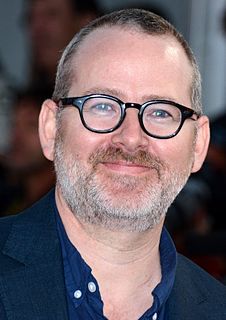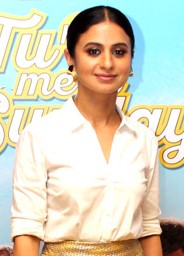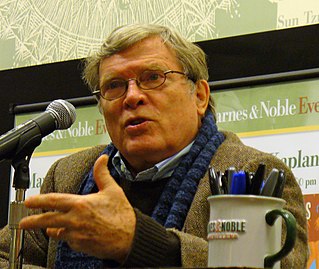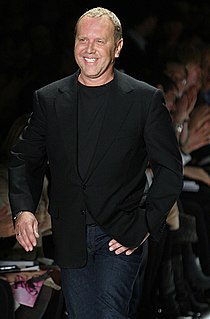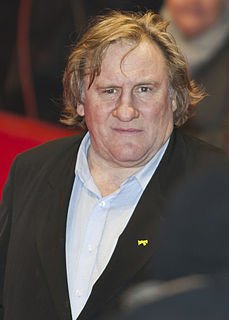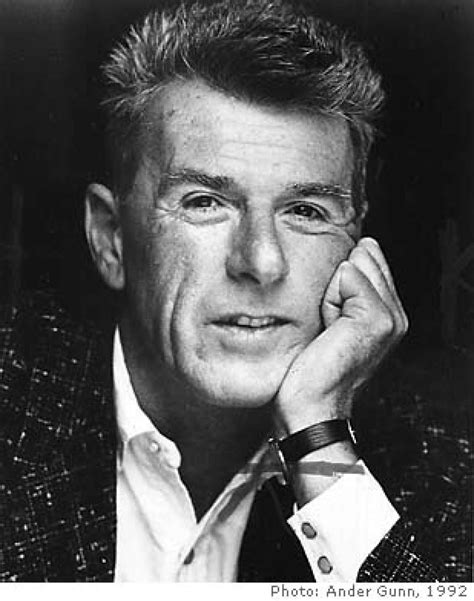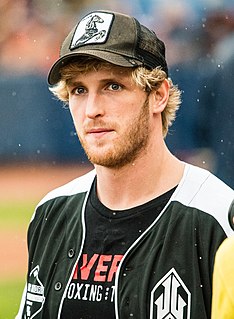A Quote by Morgan Neville
As a writer, I think about films I work on in a traditional Hollywood kind of a way. I'm curious to see how it translates.
Related Quotes
I think that very often younger writers don't appreciate how much hard work is involved in writing. The part of writing that's magic is the thinnest rind on the world of creation. Most of a writer's life is just work. It happens to be a kind of work that the writer finds fulfilling in the same way that a watchmaker can happily spend countless hours fiddling over the tiny cogs and bits of wire. ... I think the people who end up being writers are people who don't get bored doing that kind of tight focus in small areas.
Everyone needs some trial and error figuring out how it's gonna work for them. I could have gotten that out of the way a little sooner but I think you're totally right, the way I kind of think about things and the way I wanted to put myself out there doesn't fit the traditional side of things. I needed things like podcasts and YouTube and things that allow you to get it out there yourself and stand in the flames.
I think writer is a word without gender, and a good writer observes, absorbs, hopefully empathizes then translates that into character and story. You don’t have to do or be or have experienced, traveled to, but you have to imagine all of that, very well–and believe it completely during the bubble of the work.
Writer-directors are a little bit more liberal, rather than having just the writer on the set, because I think sometimes the writer becomes too precious with the words. If you're a writer-director, you can see what you're doing and see your work in action, so I think you can correct it right there and still not compromise yourself.
I approach the film business the way I feel about self-esteem. It's something that has to be maintained. That's kind of how I feel about positive roles in Hollywood. They have to be maintained. You have to purposefully, intentionally try to make the right type of films. And the more people that do that, the more things will continue to improve.
One of the most useful parts of my education as a writer was the practice of reading a writer straight through - every book the writer published, in chronological order, to see how the writer changed over time, and to see how the writer's idea of his or her project changed over time, and to see all the writer tried and accomplished or failed to accomplish.
